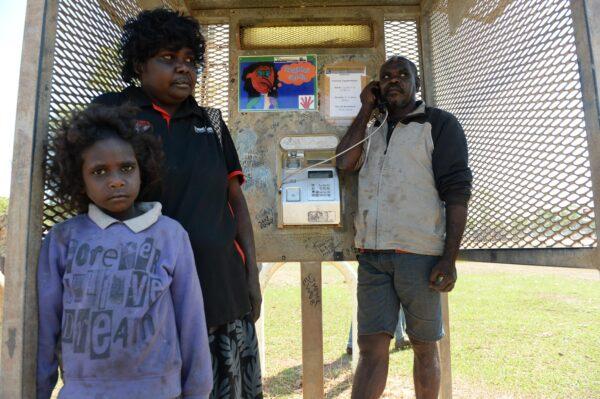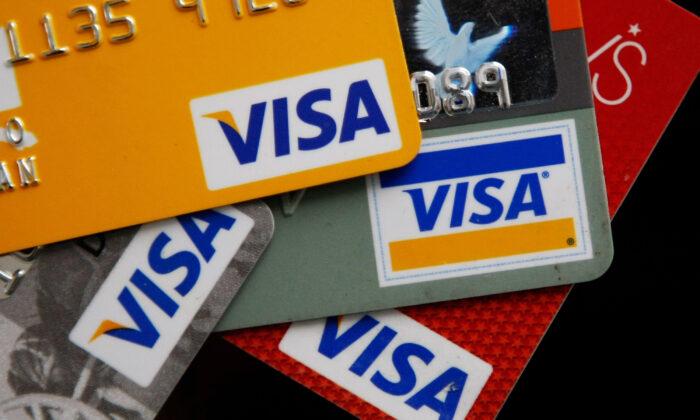Thousands of Australians will be transitioned off cashless debit cards, with the welfare scheme set to be scrapped by the Albanese government, which will use its first full day of parliamentary business in the new term on Wednesday to introduce legislation to scrap the cards.
This means more than 17,300 welfare recipients currently on the cashless cards would then have the option of voluntary income management.
Participants will be allowed to opt-out of the cards from September 19, should the legislation pass. All would need to be transitioned off them within six months of the bill becoming law.
Social Services Minister Amanda Rishworth said the move followed widespread talks with affected communities.
“We have listened to First Nations community leaders, service providers and cashless debit card participants in these communities—and we have heard them loud and clear,” she said.
“The cashless debit card stigmatised, and it often makes participants’ lives more difficult because they cannot access the cash economy.”

Established by the coalition in 2016, the scheme put up to 80 percent of welfare payments on cards that could not be withdrawn for cash or used to buy alcohol.
It was introduced in the South Australian town of Ceduna that year and then extended to other parts of the country, including Bundaberg, Hervey Bay, East Kimberley and the Goldfields. Parts of the Northern Territory and Cape York were included more recently.
The debit card scheme had been criticised as racist and unjust by some MPs, with organisations such as the St Vincent de Paul Society saying there was no evidence it improved wellbeing.
Rishworth said there would be further legislation on the future of income management to be brought forward later this year.
“There will still be support available to those who need it, including opting in for voluntary income management, setting up Centrepay arrangements and referrals to local supports,” she said.
“This legislation also ensures that the Family Responsibilities Commission can continue to support community members in the Cape York region by re-establishing income management.”






Friends Read Free